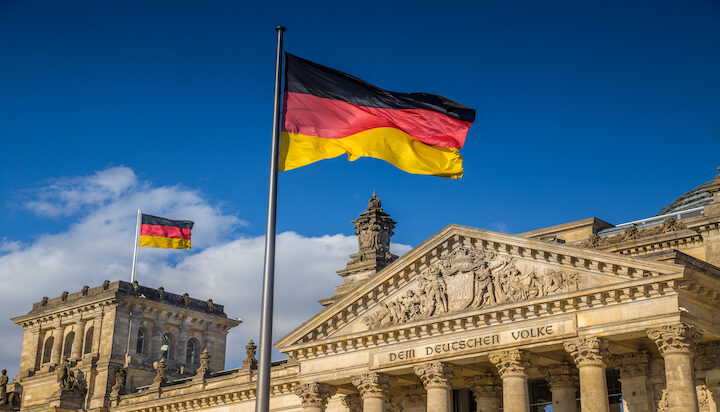
A €5 billion (£4.2bn) German scheme to support energy and trade intensive companies across industrial sectors has been approved by the European Commission.
It has been given the green light under the State Aid Temporary Crisis Framework, which was adopted by the Commission in March 2022, recognising the EU economy is experiencing a serious disturbance.
Under the measure, the aid will take the form of direct grants for additional costs due to severe increases in natural gas and electricity prices.
It will be open to energy and trade intensive companies across industrial sectors that are at risk of carbon leakage.
The Commission found the German scheme is in line with the conditions set out in the Temporary Crisis Framework and is “necessary, appropriate and proportionate” to remedy a serious disturbance in the economy of a member state.
In particular, the overall aid per beneficiary cannot exceed 30% of the eligible costs, up to a maximum of €2 million (£1.68m).
Energy intensive users that incur operating losses may receive further aid up to €25 million (£21m) and if they are active in particularly affected sectors and sub-sectors, they may receive up to €50 million (£42m).
In addition, the overall aid for energy intensive users that incur operating losses cannot exceed 50% of the eligible costs and 70% for those active in particularly affected sectors or sub-sectors.
The overall aid can cover a maximum of 80% of the losses incurred.
Executive Vice-President Margrethe Vestager, in charge of competition policy, said: “Energy and trade intensive companies have been hit particularly hard by the current geopolitical crisis and the consequent increase of energy prices. This €5 billion scheme will enable Germany to mitigate the impact of the rising input costs on these companies and support the continuation of their activities in this difficult context.
“We continue to stand with Ukraine and its people. At the same time, we continue working closely with Member States to ensure that national support measures can be put in place in a timely, co-ordinated and effective way, while protecting the level playing field in the Single Market.”